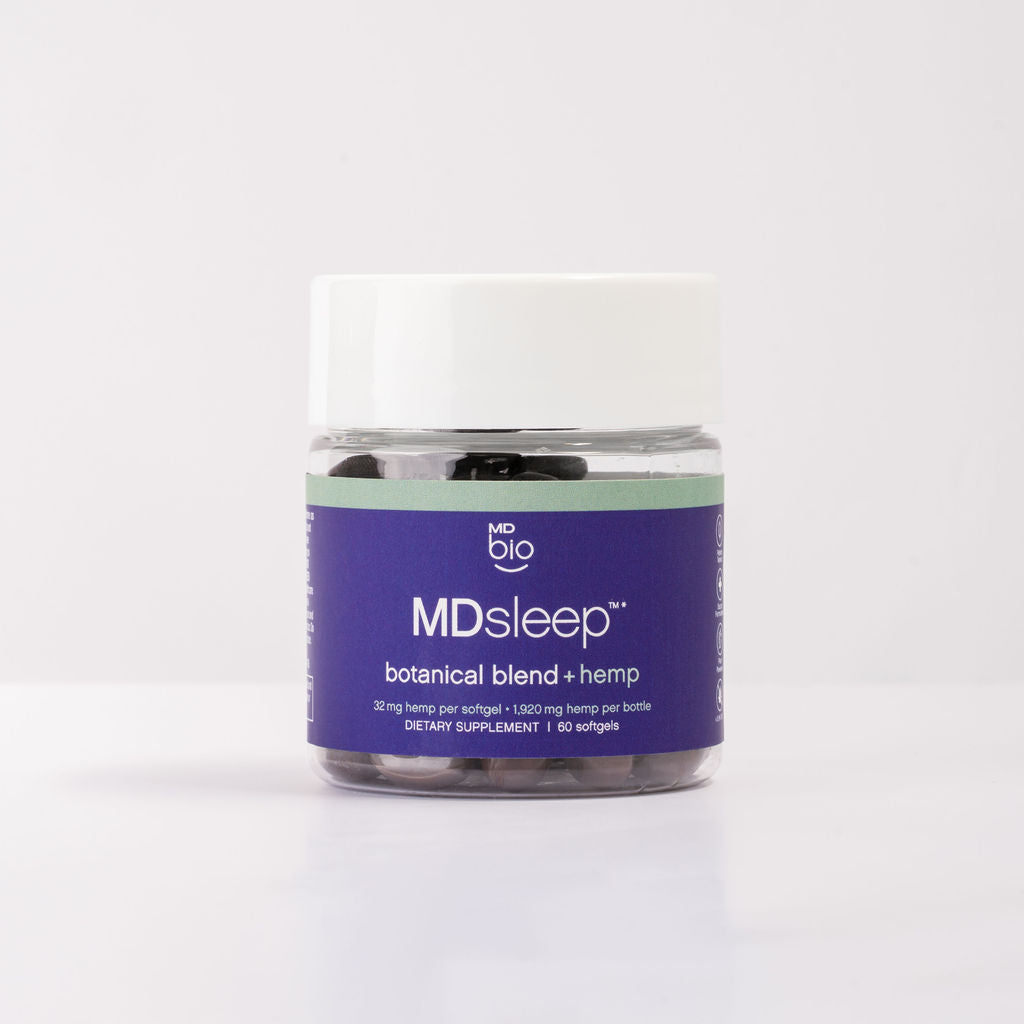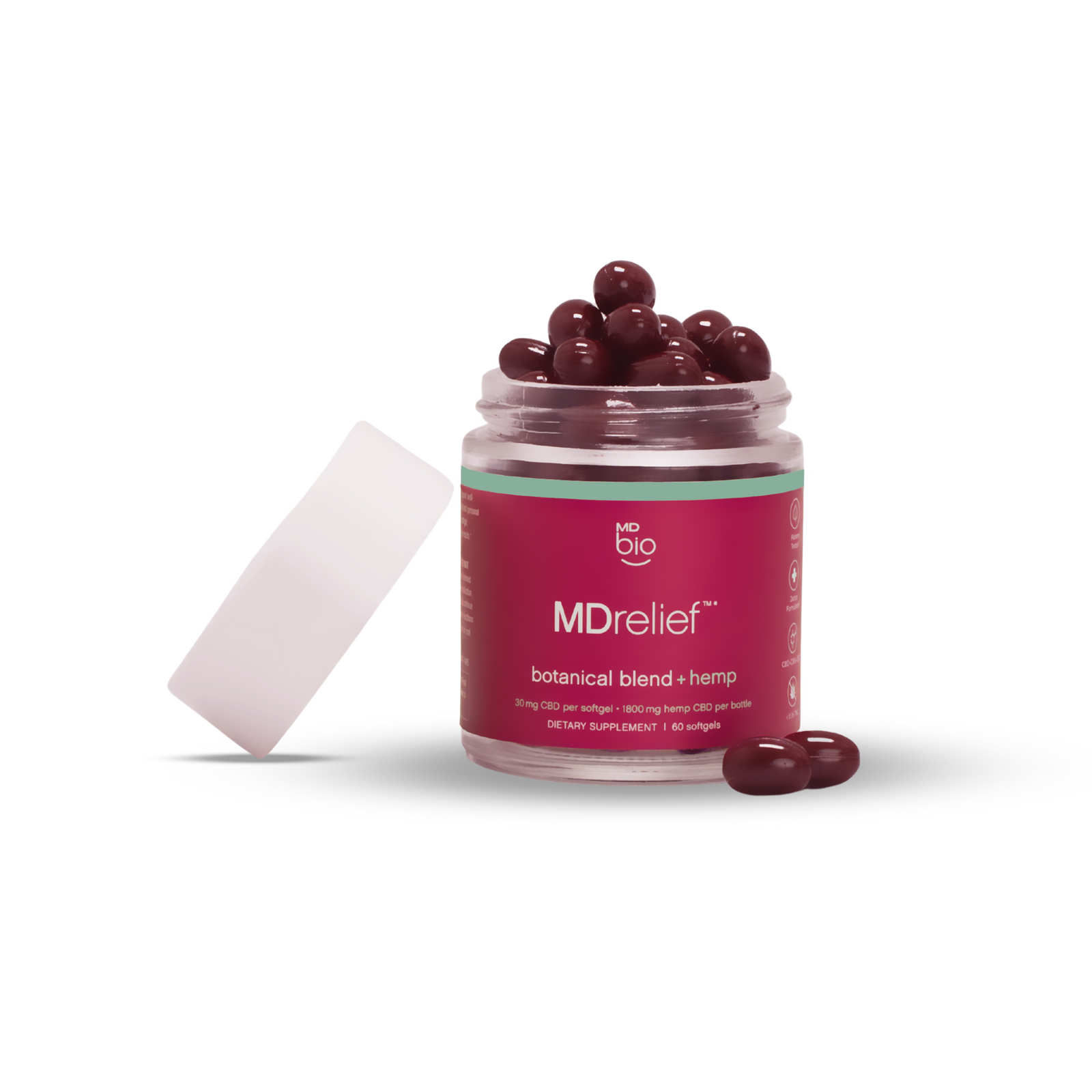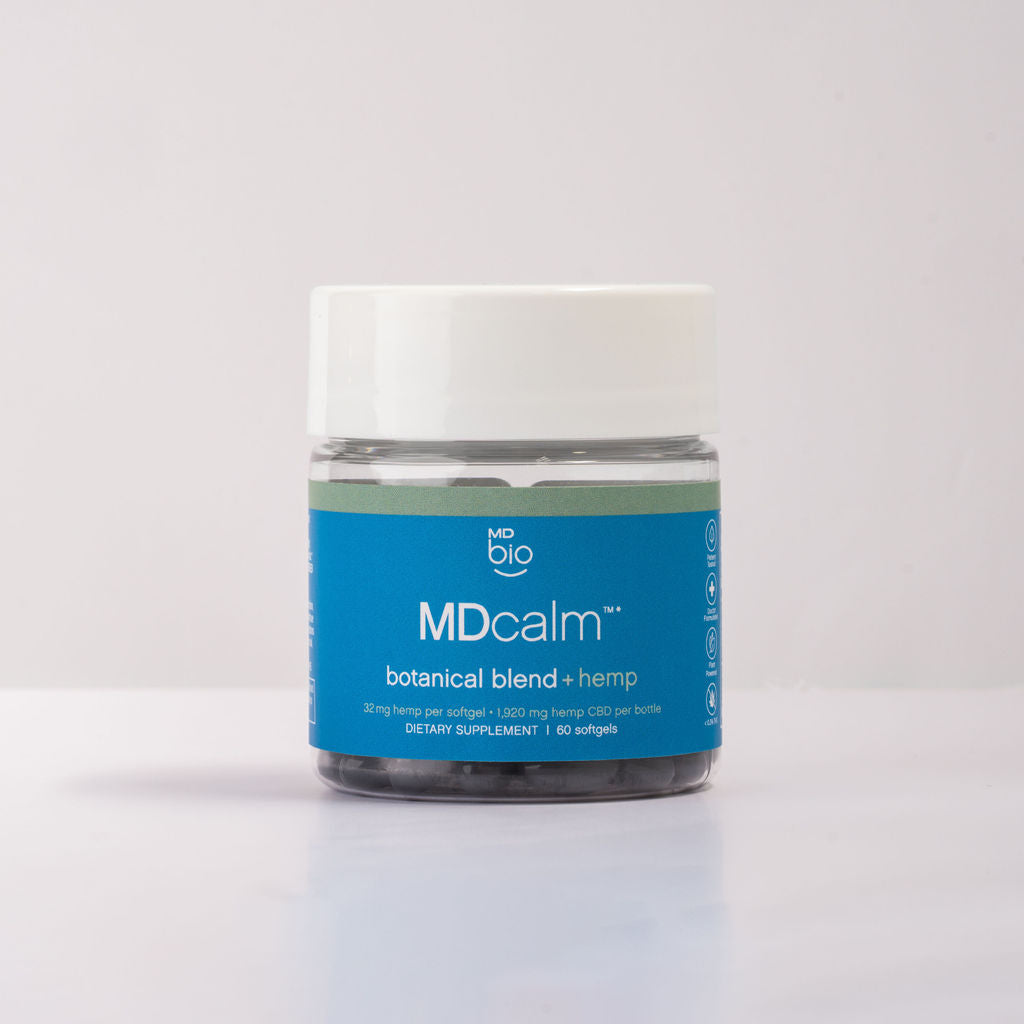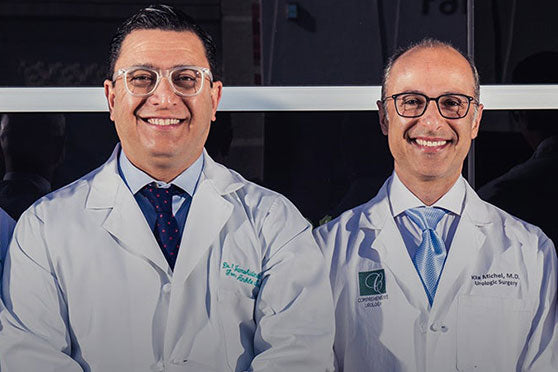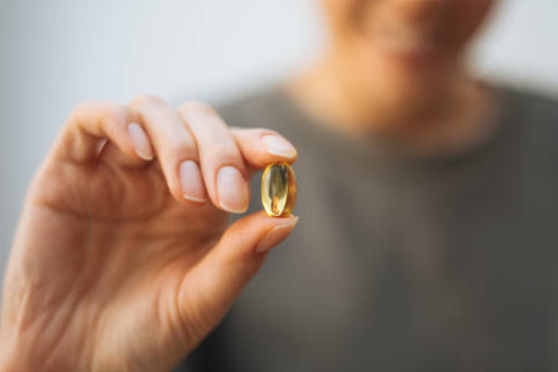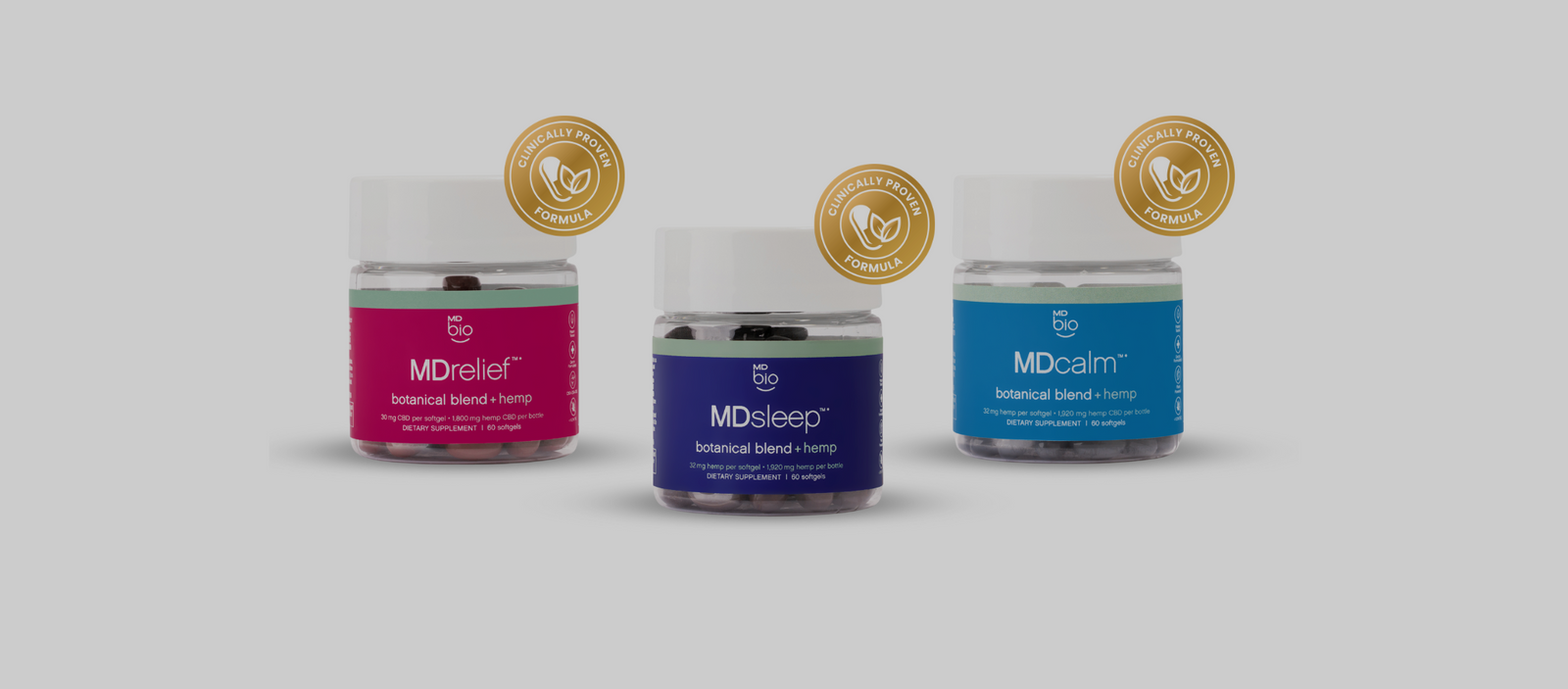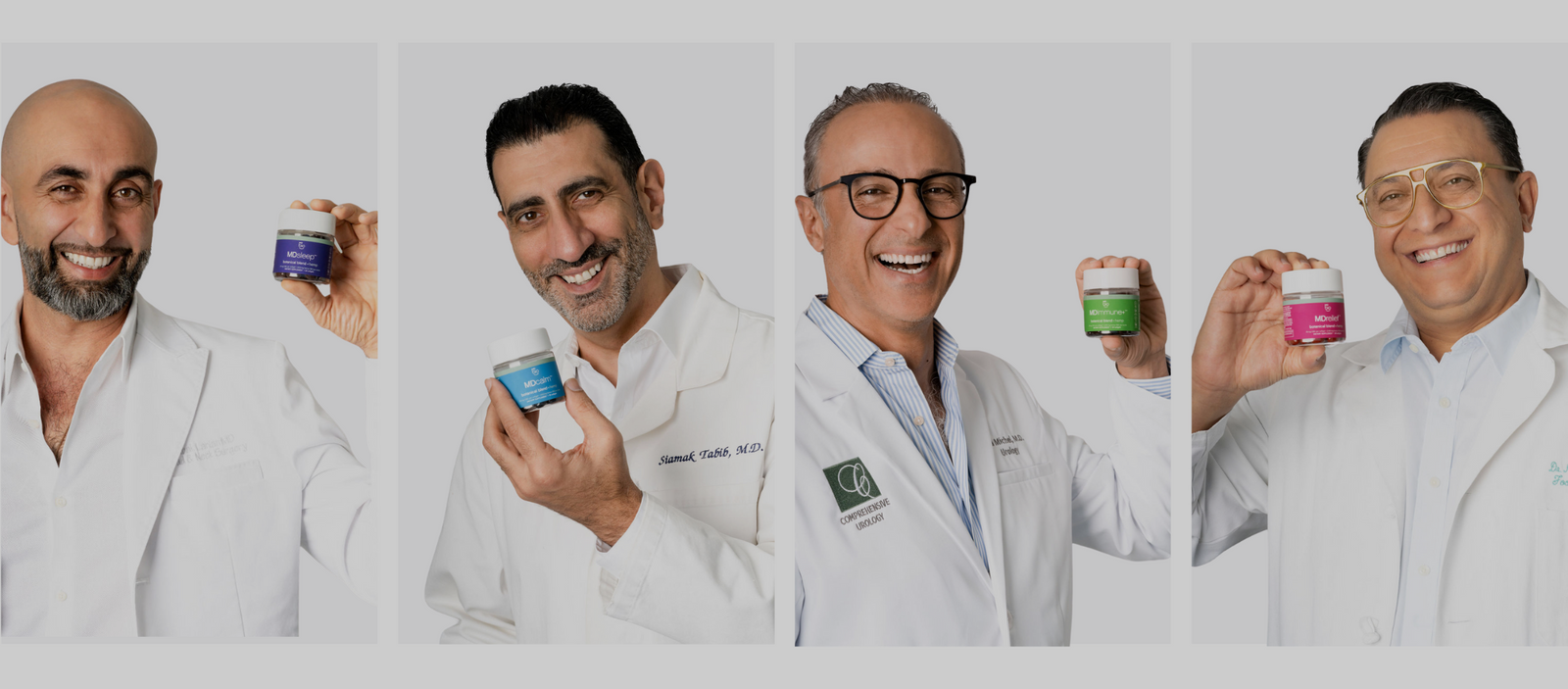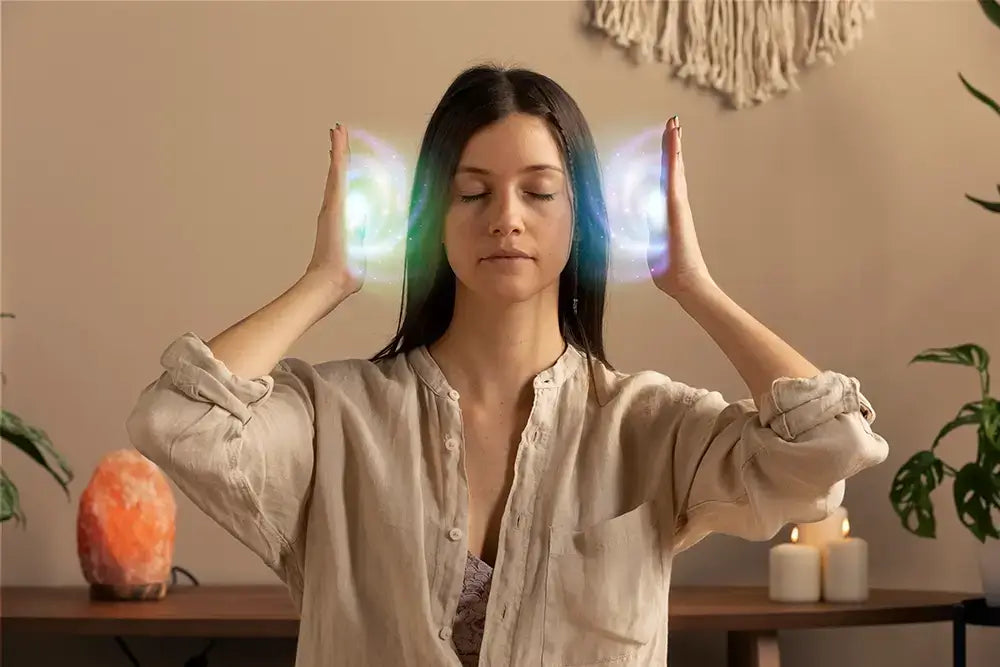
what is frankincense used for
Frankincense essential oil has many benefits. Frankincense oil can improve gut health, oral health, ulcerative colitis and even prostatic cancer. Studies have shown that there are similar health benefits between frankincense and myrrh. If you have considered using frankincense oil but feel like you would forget to take it when you're on the road, there are carrier oils you can purchase and keep with you to use on the go.
frankincense essential oil
The benefits of frankincense essential oil are wide ranging. Frankincense essential oil can help with reducing symptoms of chronic pain. One of the biggest health benefits of frankincense is pain management. Frankincense oil also boosts immunity. The effects of frankincense are seemingly endless, which is why it has been coined the term the king of essential oils.
doterra oil
There are many benefits of frankincense essential oil that we haven't covered, for example frankincense oil eases anxiety, reduces stress and even just a drop of frankincense can help grow skin cells. There are different oil uses and benefits. You can get diffuser blends or an oil blend and there are oil benefits that vary from other health benefits of frankincense.
axe
What Is Frankincense Used For? Uses, Benefits, and More
The uses for frankincense have a long history of popularity, dating back to biblical times. It has been used for everything from medicine and soap to food.
While frankincense benefits have long been documented, it continues to be studied for its possible medicinal uses even in the modern age of medicine. Now, the possible frankincense benefits are making their way back into the modern scene for their many medicinal uses.
So what is frankincense used for? Learn more about this essential oil and you may be able to enjoy some uses for frankincense.
What Is Frankincense?
Before we get to what frankincense is used for, we need to discuss the basics. Frankincense is a resin that is obtained from the Boswellia tree. While it is secreted as a milky-white gum, with time it eventually hardens into an orange-brown resin.
The scent of frankincense can be described as woody or spicy. It can sometimes be found as a primary ingredient in different soaps, perfumes, or cologne. The name of this product is fairly well-known. It is well depicted historically, religiously, and culturally. However, its current uses for frankincense and its benefits are not entirely mainstream.
There are 5 different species of Boswellia tree that all provide slight variations of frankincense. These variations mostly only vary in color, texture, and thickness. B. carterii and B. freraeana are the most commonly harvested types of frankincense today.
- B. carterii is often thought of as the type of frankincense that was mentioned in the bible.
- B. freraeana and B. thurifera are most often used in chewing gum.
- B. papyrifera is more oily than other versions of frankincense.
- B. serrata is commonly used as incense.
Sometimes referred to as “the sweat of the gods”, frankincense was once more valuable than gold. It is now produced in a narrow area of Africa, India, and parts of China. These areas have the perfect climate for frankincense to grow.
In the modern day, Somalia and Yemen are responsible for much of the world's supply of frankincense resin. However, Oman is now known for producing the most expensive and highest quality frankincense in the world.
Frankincense As a Remedy
There are many different uses for frankincense. In the modern day, however, it has moved away from its original medicinal purposes. With the development of modern medicine, frankincense has been pushed aside to be just another aromatic.
Most modern people, when asked about frankincense, will first jump to it merely being a scent. It is most commonly used in soaps, perfumes, colognes, and incense.
However, as more research is being done, frankincense is being rediscovered as a medicine. Now that scientists have been able to break down the molecular structure of frankincense, they have been able to isolate what makes this resin so unique. Boswellic acid is the key active ingredient in frankincense. This is the ingredient that has been providing medicinal value for all these years. When analyzed, the structure of Boswellic acid is almost like that of a hormone such as testosterone. However, it is by no means a hormone.
Several studies have been conducted to conclude that frankincense can be used medicinally. It is noted to be able to be taken even at high dosages with little to no risk and is proven to be very safe. There are now single and combination supplements that can be taken for daily ingestion. These supplements are able to assist with a number of ailments with the aid of frankincense benefits.
Oral supplements such as the MDrelief frankincense supplement can help you attain the listed benefits of frankincense with regular use. This is particularly useful for those who wish to give natural remedies a try. This could also be beneficial for those looking for alternative routes to traditional medicine if they have previously experienced complications from prescription medications.
Uses for Frankincense
With a history of medicinal uses for frankincense and a powerhouse of natural ingredients behind it, you're surely ready to learn more about how this product can improve your daily life.
Below are some traditional and possible uses for frankincense. While further testing must be done there are early indications that frankincense benefits could help in several areas of physical health, including:
Reducing Cancer Cells and Effects
While the evidence is not yet conclusive on the oil as an effective treatment for cancer, some early studies look promising for some positive effects on cancer patients as one of the uses for frankincense.
Several studies have looked into frankincense for its anticancer and antitumor properties. Boswellic acids may be able to stop cancer cells from replicating and spreading. It may also be able to prevent the formation of DNA in cancer cells. This may be effective for some of the most common types of cancers such as breast cancer, prostate cancer, skin cancer, pancreatic cancer, colon cancer, and potentially more.
In a study about brain tumors, boswellic acid was found to reduce the fluid that accumulated in the brain - also known as edema. This is extremely important in the treatment of different types of brain cancers.
Often, cancer treatments can cause an excess of inflation in the body which causes the well-known side effects of chemotherapy in the body, such as:
- Pain
- Nausea
- Fatigue
- Weakness, etc.
Boswellic acid is also high in anti-inflammatory properties, which can be helpful in alleviating side effects due to chemotherapy or cancer treatment itself.
Alleviating Asthma Symptoms
For people living with asthma, this could be great news as one of the uses for frankincense. However, it is not new information. Frankincense has been used to help alleviate asthma for many centuries. Since asthmatic patients suffer from the constriction of their bronchial tubes, frankincense can help prevent the production of leukotrienes, which is the cause of this bronchial constriction.
It can also help reduce an overproduction of mucus and inflammation in the lungs that worsen asthma symptoms. These studies have been conducted on both asthmatic mice and asthmatic humans and have proven that boswellic acid is effective in alleviating asthma symptoms.
Easing Arthritis Symptoms
Of the more well-studied frankincense benefits is the alleviation of arthritis symptoms. As stated before, frankincense is able to help slow or stop the production of leukotrienes, which is a major factor in bodily inflammation.
In some studies, both oral and topical application of boswellic acid was able to reduce the amount of cartilage thinning and joint inflammation in arthritic patients. This could also prove to be beneficial in instances of osteoporosis - or bone thinning - and even rheumatoid arthritis. This has the potential to help many arthritic patients get their lives back as they regain their mobility, suffer less joint stiffness, and have less pain.
However, frankincense was most effective in these cases when used in combination with other supplements or standard medications.
Benefits of Frankincense
There are several possible frankincense benefits. Discover which of these could be the help you need for your health journey.
Antibacterial Properties
Most notably, frankincense has been noted to have antibacterial properties. This is due to the boswellic acid contained in the resin. It has even been found to kill certain types of fungus. This shows the potential for this active ingredient to be used in antifungals and antibiotics. There is further evidence that suggests using an oil concentrate form in hand soaps for extra antibacterial defense.
Oral Health Maintenance
Once again stemming from its antibacterial properties, boswellic acid is able to fight against the bacteria that is most often known for causing gum disease. In one study, participants were asked to chew a frankincense-based gum for several hours. By the hour, the number of microbes was reduced in participants' saliva. This could suggest the potential for gums, chews, or oral topicals to be used in an attempt to minimize occurrences of oral infection.
Improved Gut Health
More research is frequently coming out about the gut microbiome and its overall impact on the body. Having a healthy gut microbiome is crucial to the functioning of the rest of your body and could be one of frankincense's benefits.
Studies have shown that uses for frankincense and other herbal blends may include reduced bloating, abdominal pain, and even irritable bowel syndrome. For sufferers of irritable bowel syndrome, it has even been shown to less negative mental health symptoms in connection and relation to the gut microbiome.
While more research still needs to be done, some studies have suggested that boswellic acid was able to reduce inflammation of the gut in patients with ulcerative colitis. This was also shown to be helpful for rats with colitis.
Reduced Anxiety
Among the frankincense benefits, you'll see that this ingredient has many positive properties including being anti-inflammatory, analgesic, and antiseptic. All of this means that the ingredient can potentially calm and focus the mind.
Calming is crucial for those experiencing an anxiety attack or even for those who suffer from some anxiety in their daily lives. While frankincense benefits don't include curing anxiety, it could provide some support for those who need an extra boost in striving to improve their mental wellbeing.
Research is still in its infancy, but one study does show the positive effects it has on rats, showing that this could be an excellent source of relieving anxiety in some people. Another study even showed how frankincense benefits women in labor physiologically and psychologically. By calming them and allowing them to rest, the ingredient could even help women post-partum with anxiety.
However, you don't need to be a rat or a woman who has just delivered a baby to enjoy anxiety-relieving effects as one of the uses for frankincense. Adding a supplement with this ingredient like MDrelief could be an excellent source of support in your daily life.
Misconceptions About Frankincense
Many misconceptions about frankincense are not necessarily fictitious, but they do require more research. Many of these claims come from studies that were not large enough to be conclusive or studies that primarily weren't performed on humans.
Before you assume the uses for frankincense, read through these common misconceptions:
- The jury is still out on whether or not frankincense can help control diabetes. This is due to some studies supporting the claim and others disproving it. It does appear to lower blood sugar levels, but further evidence is required to make this claim.
- While frankincense is a source of relieving some anxiety symptoms, it won't cure someone suffering from chronic anxiety. However, as more studies are conducted on larger groups of people, we will discover precisely how frankincense benefits those needing more calm and anxiety relief.
- There is also ongoing research about its potential for reducing heart disease. While it does reduce inflammation, which could be helpful in the treatment of heart disease, there is not enough research to back this claim.
- While historically, frankincense has been used as a topical remedy to wounds and open sores that could be prone to infection, there is little evidence that it can provide smooth skin or anti-aging properties. While it could potentially be used for skin care, there is little to no research supporting the claim that it can be used to treat acne or wrinkles.
- Frankincense was found to boost memory abilities in rats, more research needs to be done on human subjects to confirm or deny this. While the oil's calming effects may promote greater focus, it doesn't necessarily help people remember more.
- There is not enough evidence to support claims that frankincense can help ease symptoms of the menstrual cycle or menopause. While boswellic acid is structured similarly to hormones, there is no hormonal effect from taking these supplements.
- Fertility was increased in studies done on rats but there is little to no evidence to support the same for humans. People believe it has positive effects on fertility due to how it could increase hormones, but more evidence is needed. However, in the meantime, it is a popular aphrodisiac in areas like the Middle East.
Potential Frankincense Side Effects
Frankincense has a very low toxicity and is therefore considered safe for most people. In testing done with rats, the rats were able to experience no toxicity with nearly 5 times the average human dose. Therefore, supplements are considered very safe and have a low chance of harm.
Of course, everything is best used in moderation. Before embarking on taking advantage of the uses for frankincense, check in about dosages. The product you buy will have information about how the product should be used (not all is designed to be ingested) and, if meant to be consumed, how much you should be using.
While you should follow the guidelines of your particular product, about a 200 mg dosage is a general guideline to avoid any potential adverse effects. However, the best way to ensure you have the recommended amount is with prepared supplements that are ready for you to use, such as MDrelief.
Discuss With Your Doctor
Since it is a natural substance, not a controlled substance, you do not need a doctor's prescription to purchase frankincense-based products. This puts health back in your hands, as you are able to try natural methods. However, it is important to consult with your doctor before trying a natural remedy. This is especially true if you suffer from another sort of pre-existing condition that may affect the effectiveness of frankincense.
It's also important to speak to your primary care physician about how natural supplements could potentially interact with any other medications you may be taking. This is particularly true of blood thinners and NSAIDs such as ibuprofen. A primary care physician may also be able to help you understand how natural supplements can supplement your health and other medications.
If you are pregnant or planning to become pregnant, please discuss taking this ingredient with your doctor as it can impact your pregnancy.
Frankincense supplements should not be relied on as cures, but they can help ensure that you are receiving helpful aid in your health journey. Be sure to discuss different forms of frankincense as well, as there may be certain forms that work better than others for you.
See If Frankincense Might Be Right for You
Doing your own research is important to make sure that you are making the right decisions for your health. However, as studies continue to prove the benefits of frankincense, it is becoming an increasingly viable option for natural health supplement remedies.
Supplements like MDrelief contain this as a primary ingredient, allowing you to enjoy frankincense benefits along with other beneficial herbs and oils. Now that you know what frankincense is used for, you can discover for yourself how it benefits your daily life.




